Trump's Hush Money Conviction: Presidential Immunity Claim Rejected
<img src="https://npr.brightspotcdn.com/dims3/default/strip/false/crop/7169x4782+0+0/resize/1100/quality/85/format/jpeg/?url=http%3A%2F%2Fnpr-brightspot.s3.amazonaws.com%2F7c%2F4a%2F0f5a5b394ce0ab1e28575bf4ef81%2Ftrump-getty.jpg" alt="Former U.S. President Donald Trump departs the courtroom after being found guilty on all 34 counts in his hush money trial at Manhattan Criminal Court on May 30, 2024 in New York City. The former president was found guilty on all 34 felony counts of falsifying business records in the first of his criminal cases to go to trial. Trump has now become the first former U.S. president to be convicted of felony crimes. (Photo by Justin Lane-Pool/Getty Images)">A New York judge has ruled that former President Donald Trump cannot use presidential immunity to overturn his conviction for falsifying business records. This decision follows Trump's conviction on 34 counts related to a hush-money payment made to adult film star Stormy Daniels before the 2016 election.
Key Developments
- Presidential Immunity Rejected: Judge Juan Merchan ruled that the charges stemmed from Trump's private acts before his presidency, rejecting claims of immunity.
- Case Dismissal Pending: Trump's lawyers are seeking to dismiss the case entirely, citing the upcoming inauguration. The judge has yet to rule on this motion.
- Conflicting Legal Interpretations: Trump's spokesperson criticized the ruling, arguing it violated the Supreme Court's decision on presidential immunity. The Supreme Court did rule on presidential immunity in a separate case, but the judge differentiated these cases by stating that Trump's actions were private, not official acts.
- DOJ's Federal Cases: The Department of Justice is winding down two federal prosecutions against Trump, a move partly driven by a longstanding policy against prosecuting a sitting president.
- Postponed Sentencing: Trump's sentencing has been postponed twice, most recently until after Election Day.
Potential Implications
This case highlights the ongoing legal battles surrounding Trump and raises questions about the scope of presidential immunity. The judge's decision is expected to be appealed, and a final resolution will likely have significant political and legal implications. Trump's status as a convicted felon might be a defining factor of his presidency should he take office again.




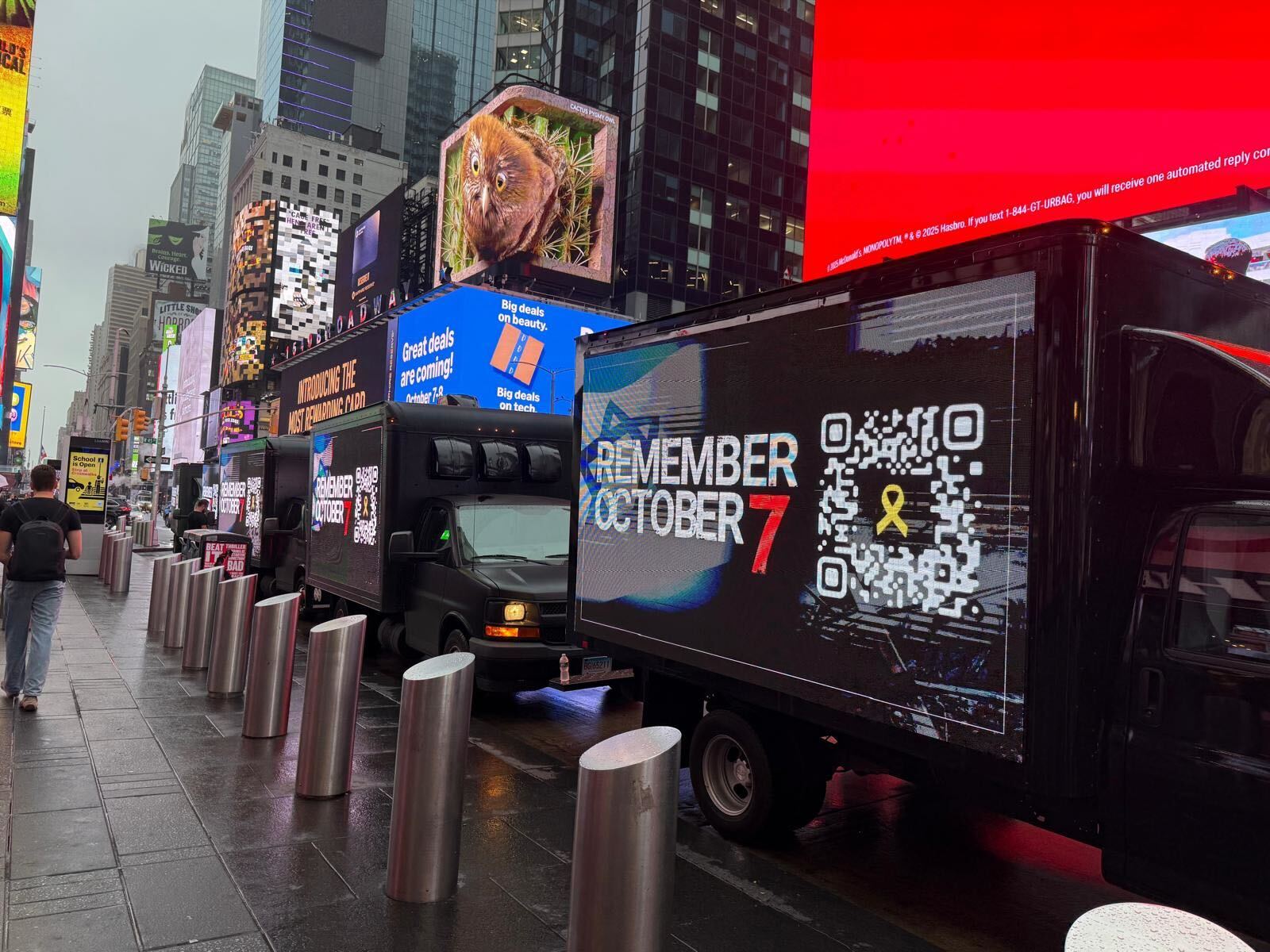
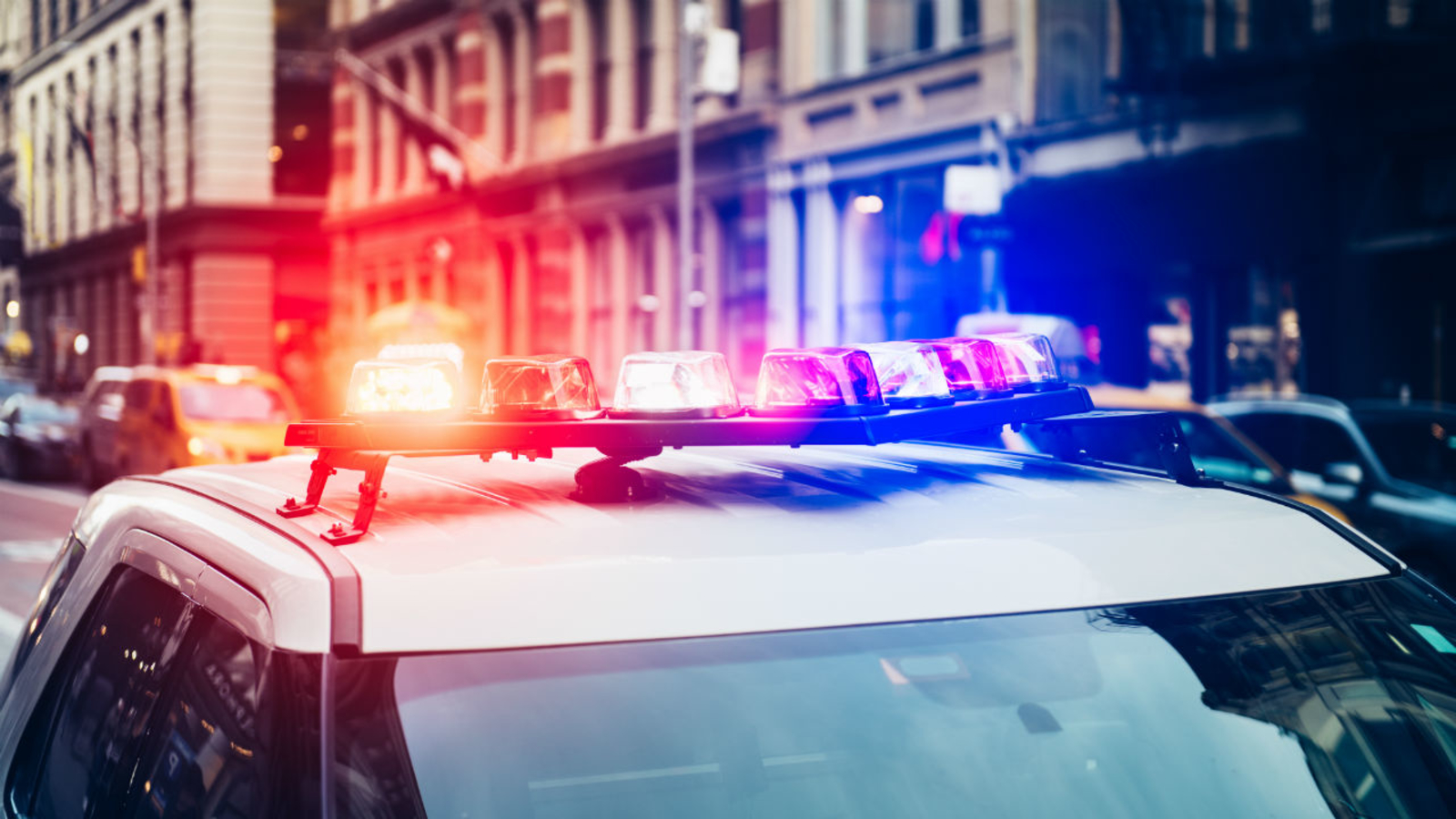
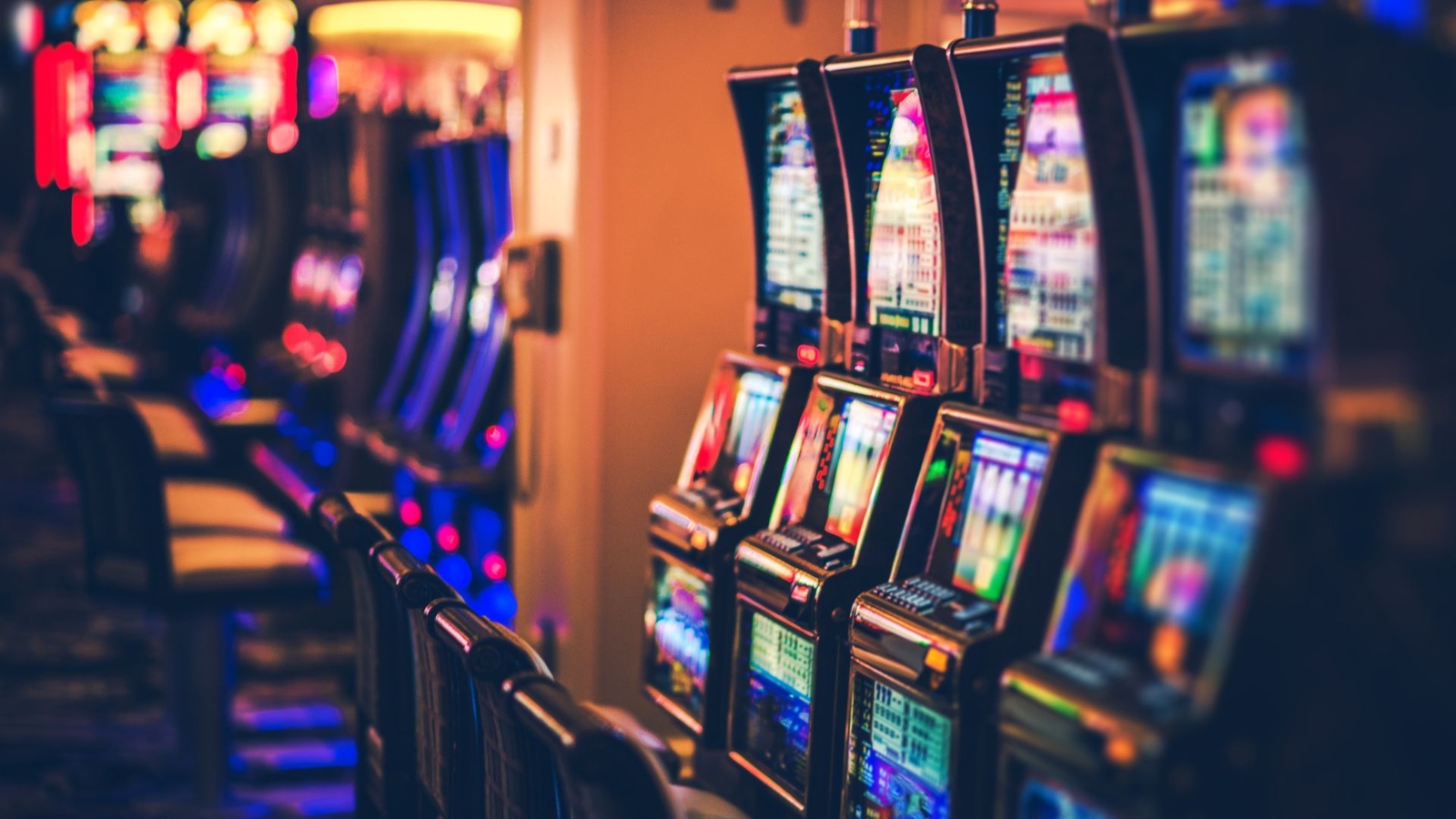
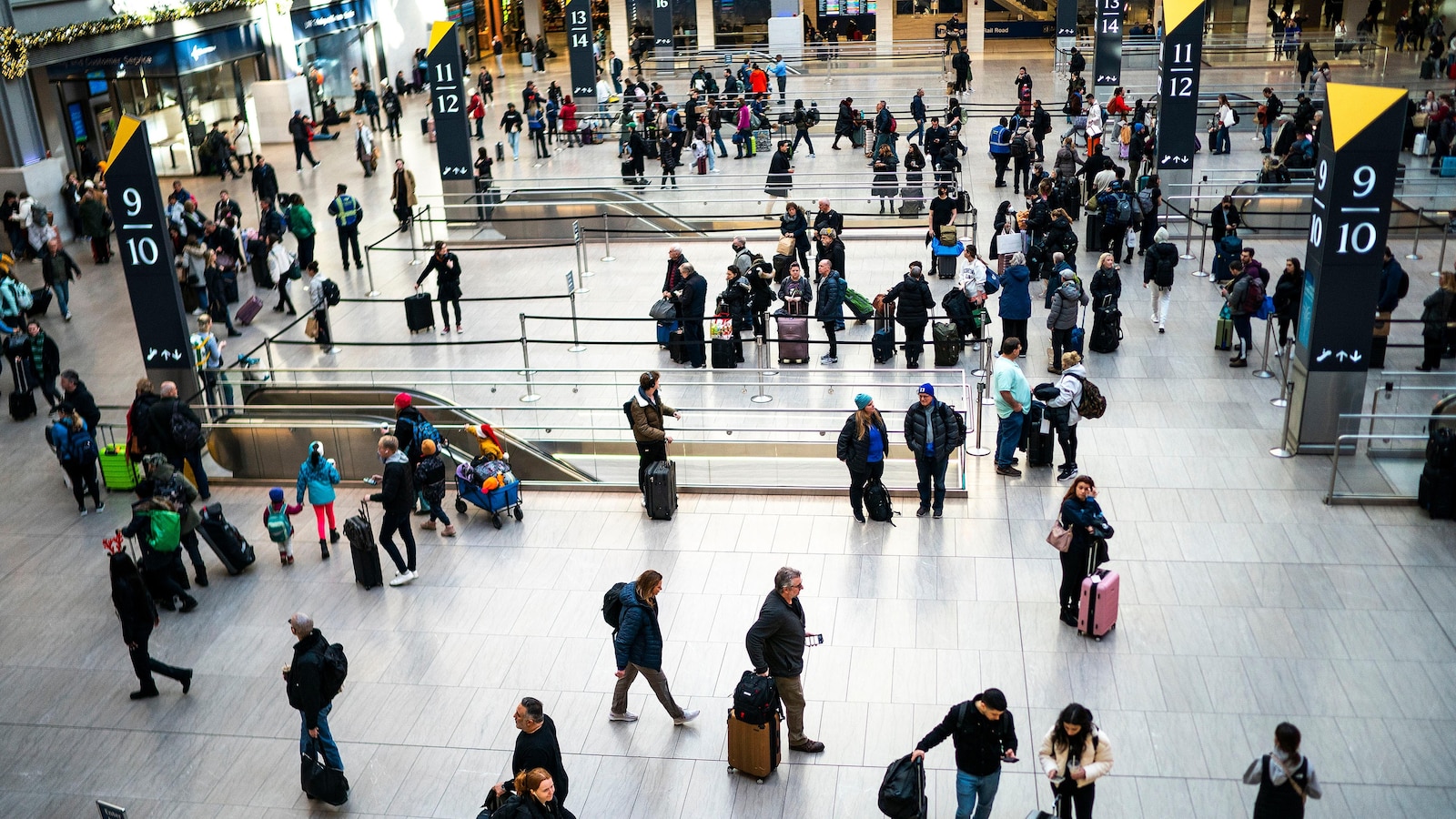

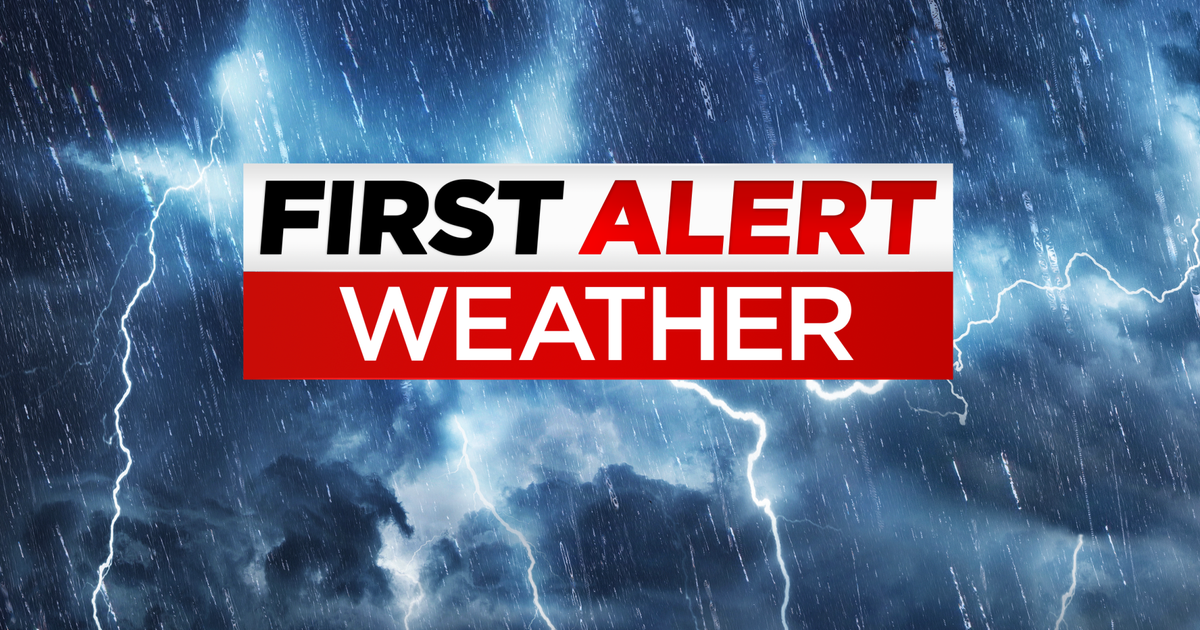
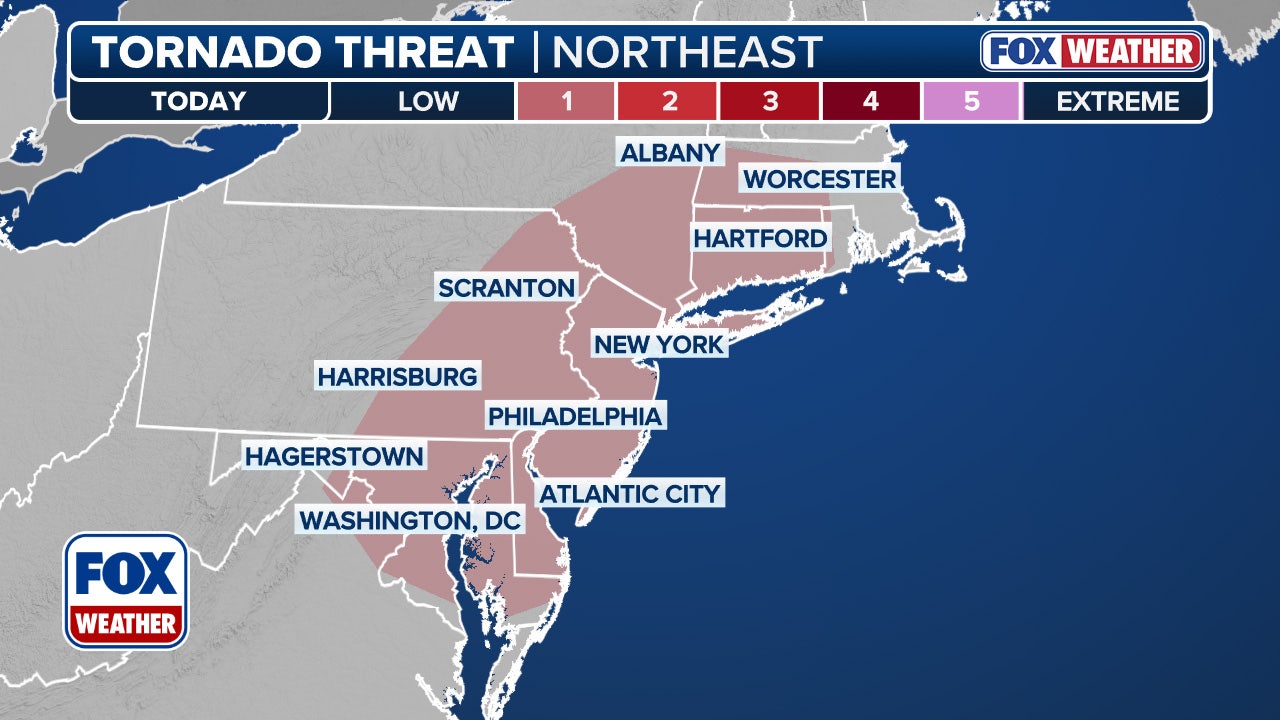
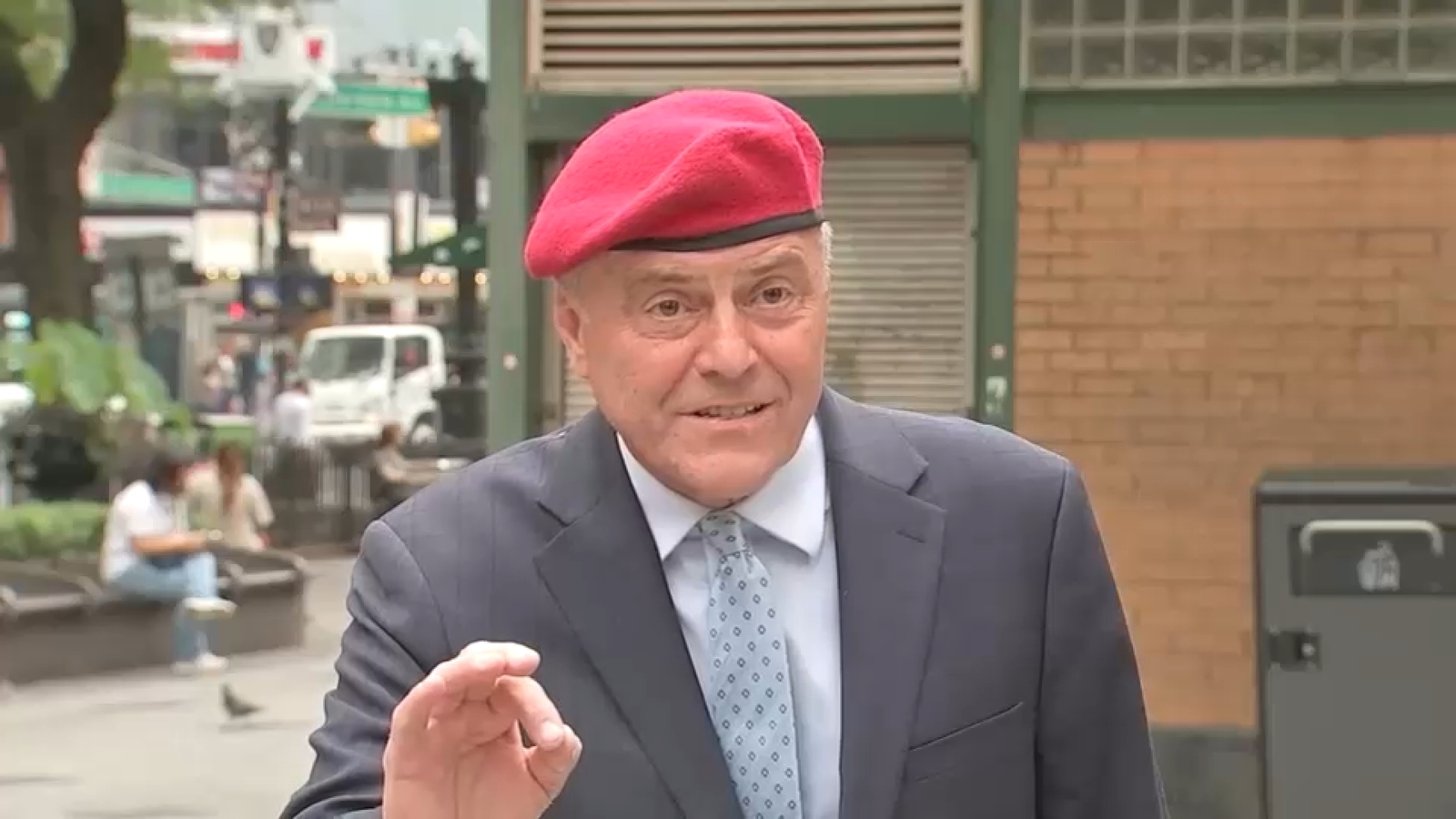
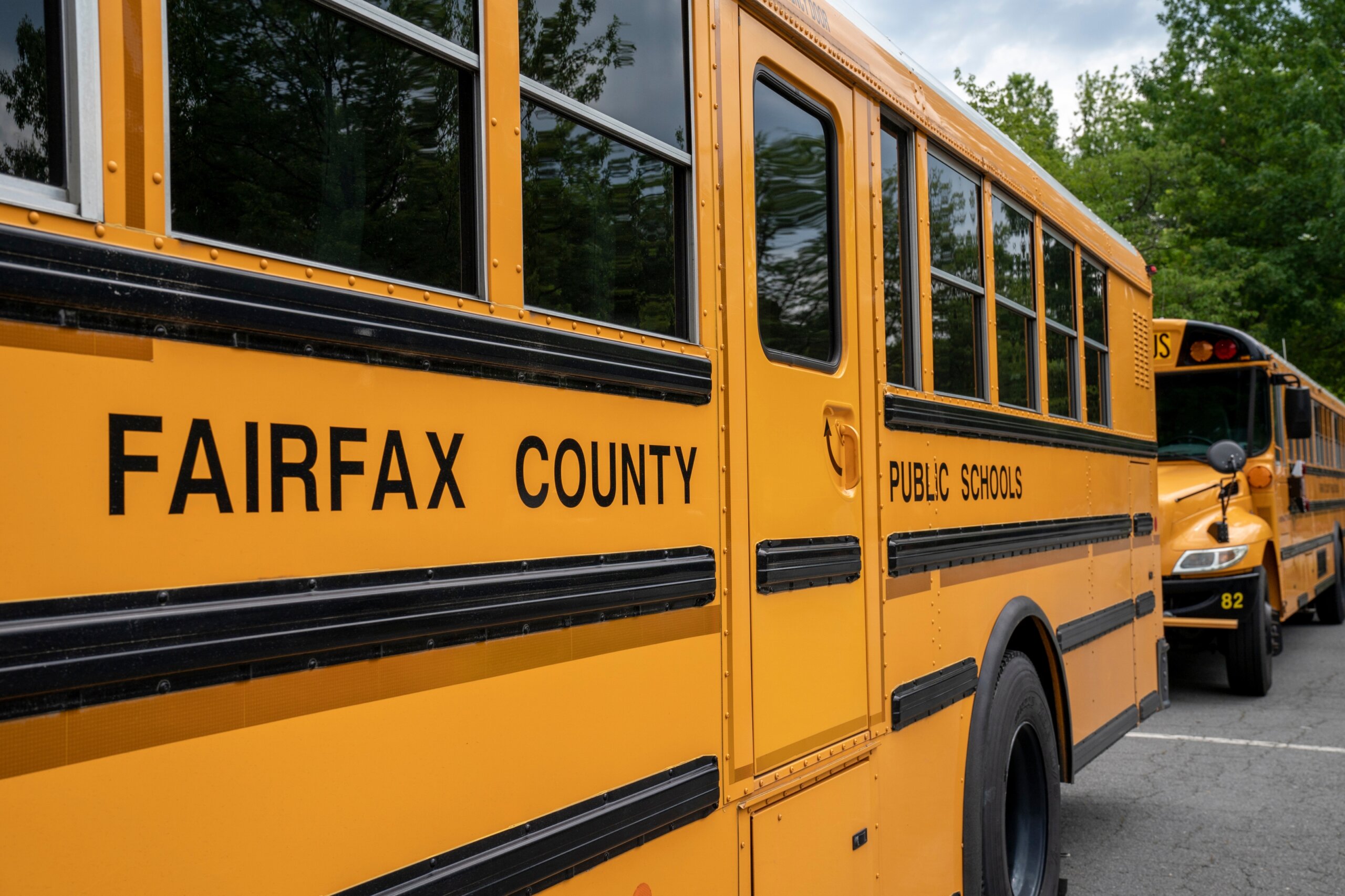


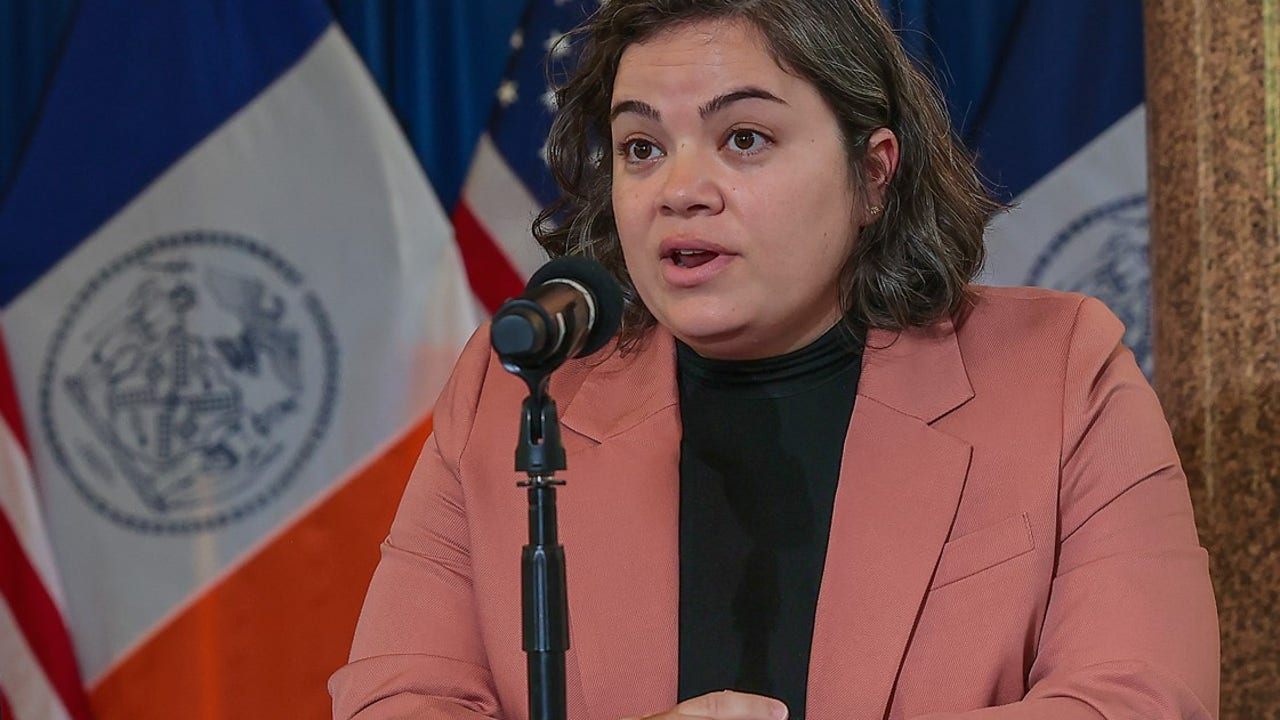



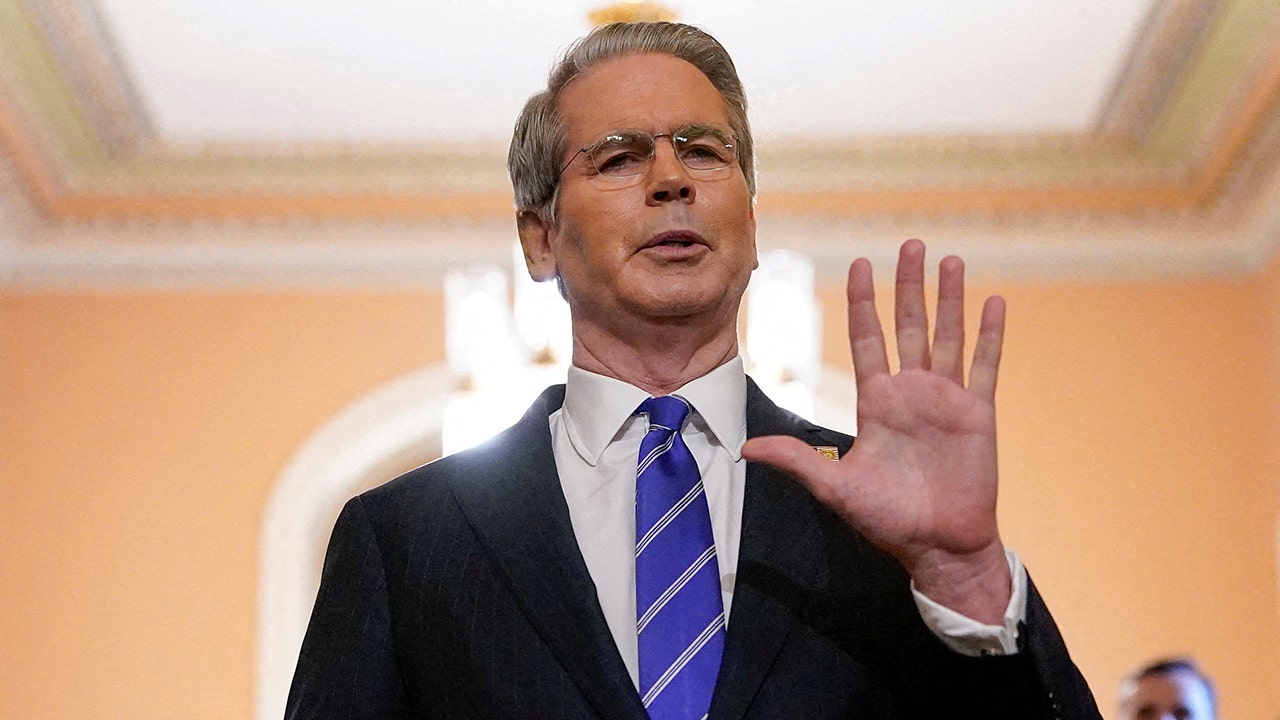
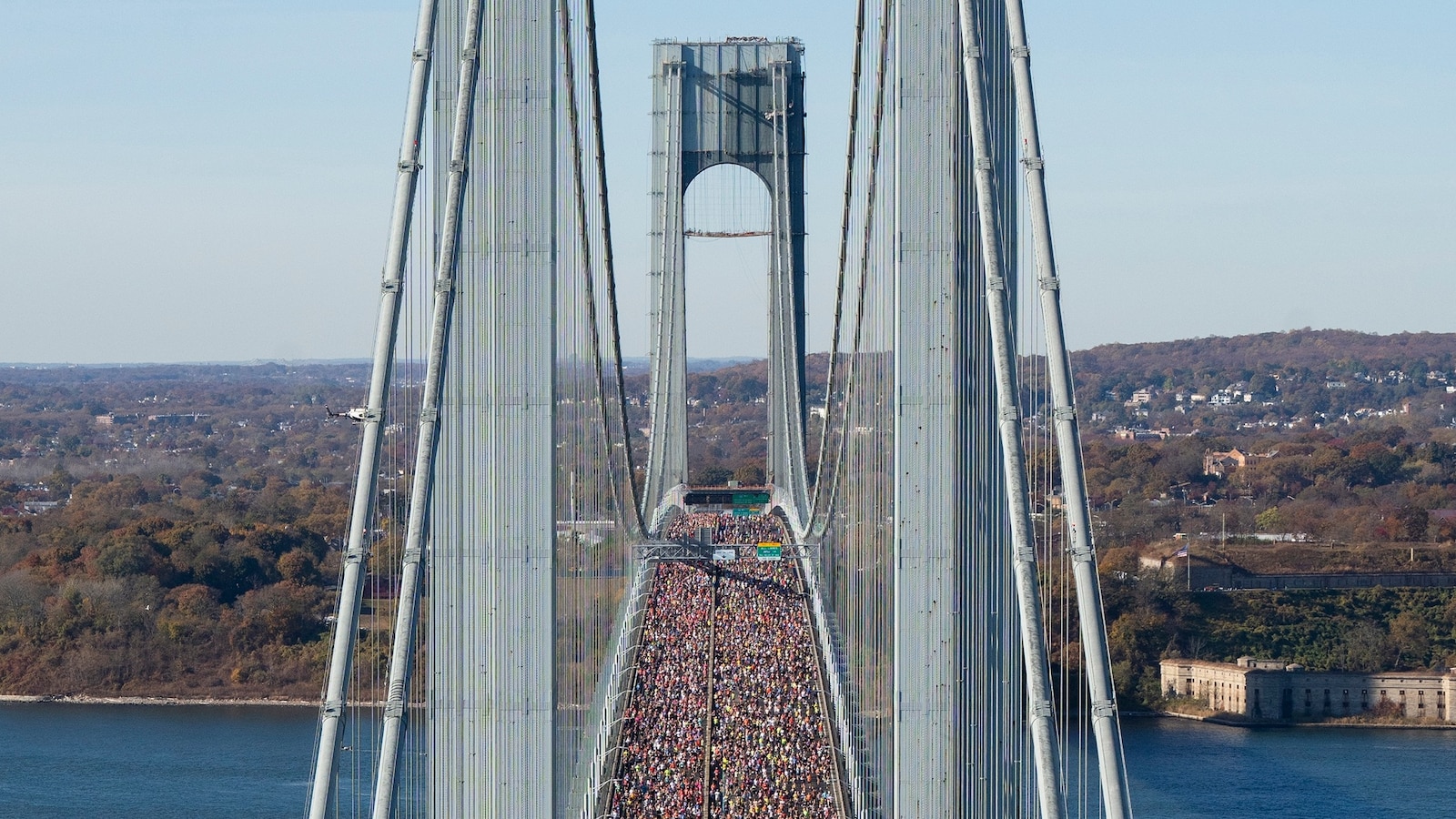

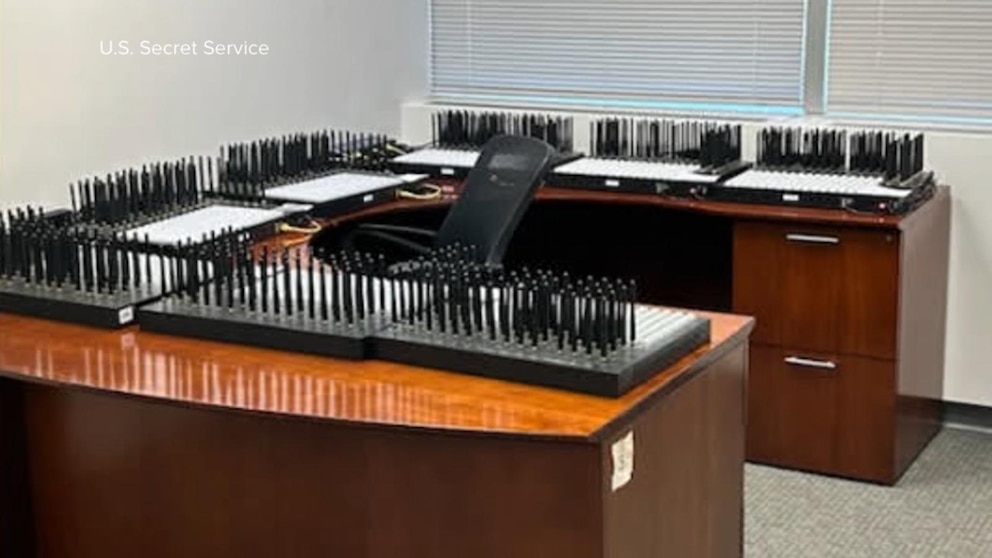
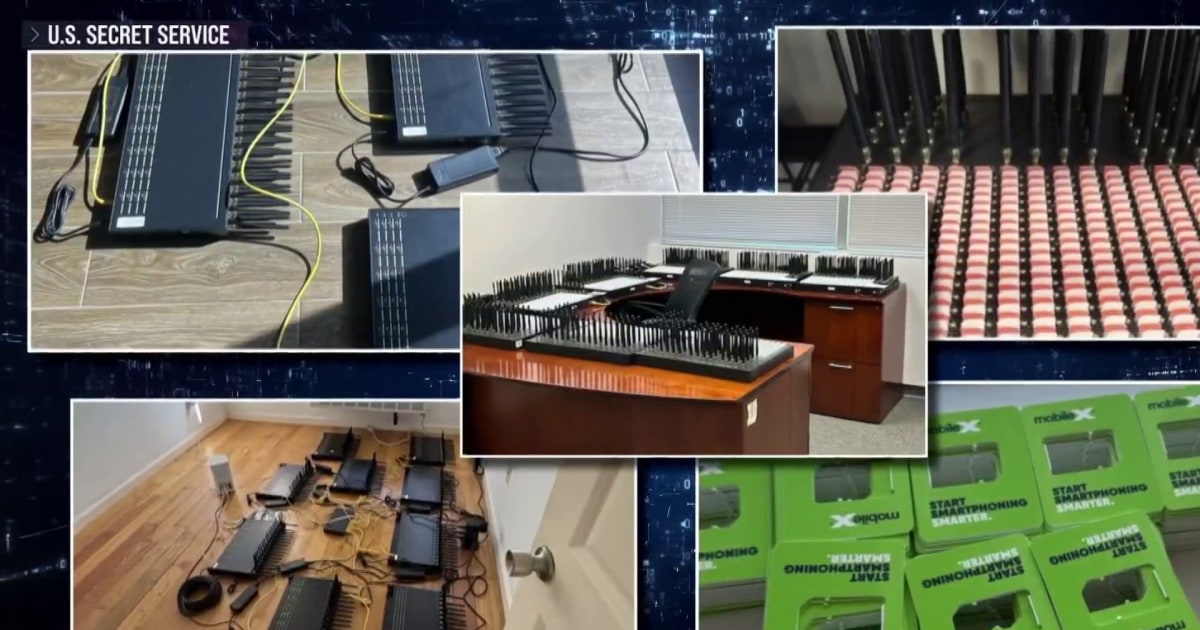
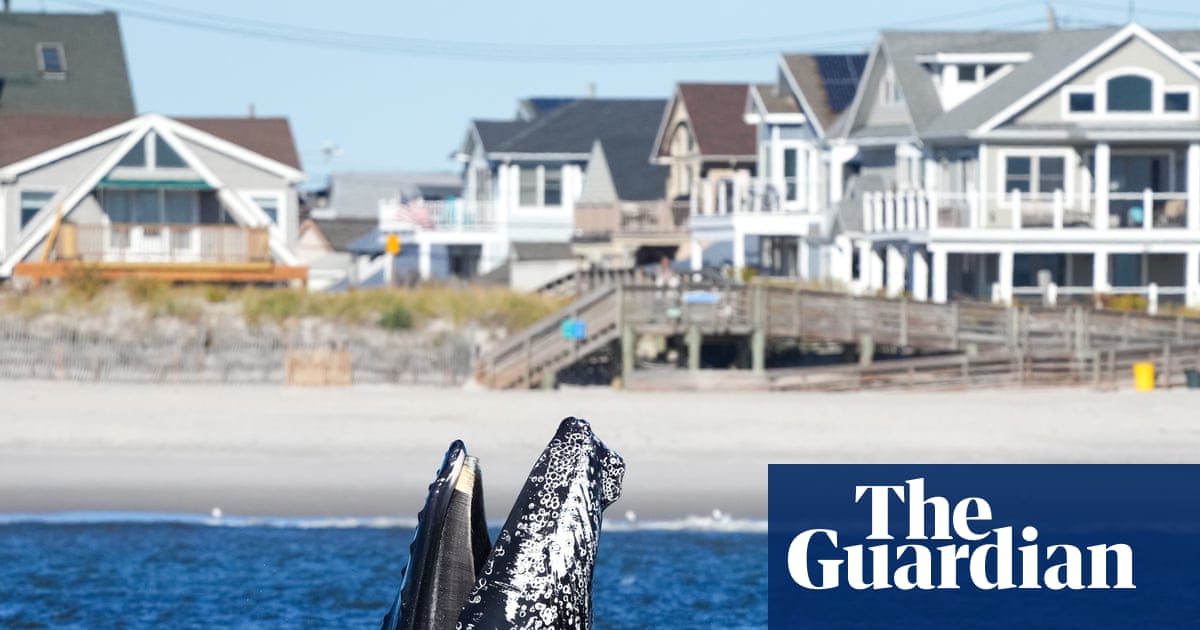
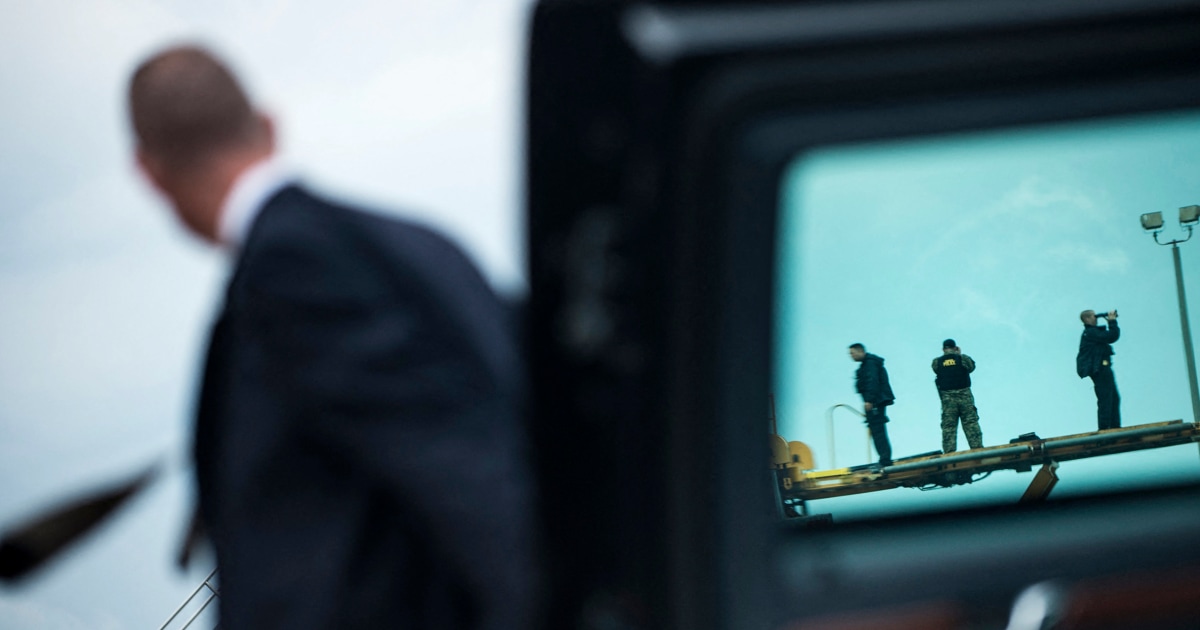
Comments
Join Our Community
Sign up to share your thoughts, engage with others, and become part of our growing community.
No comments yet
Be the first to share your thoughts and start the conversation!